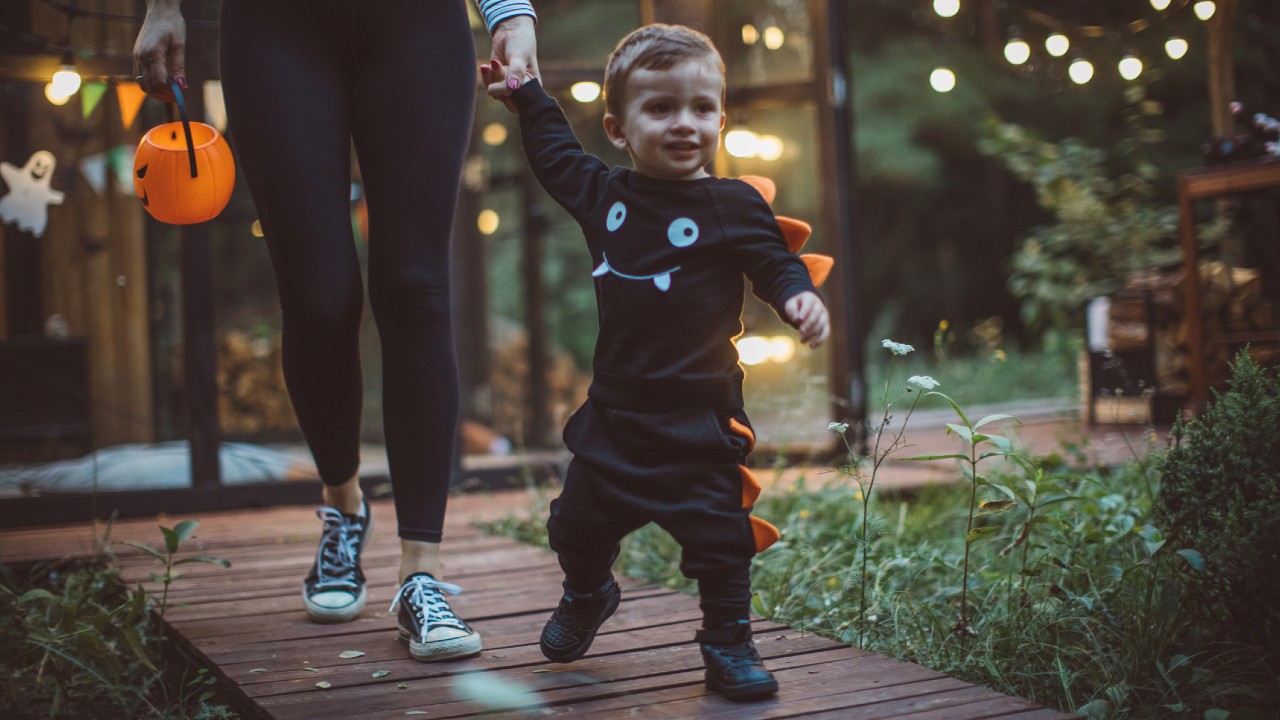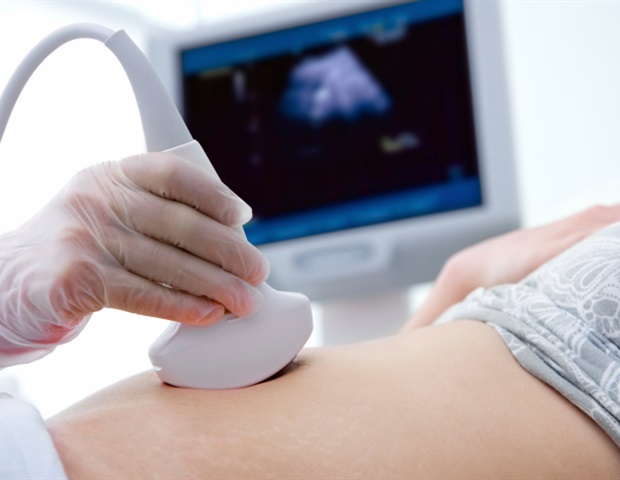
A fever is a body temperature above the average of 98.6 degrees Fahrenheit, but the reality is that it can be difficult to tell if your child has one. Although a fever is typically not dangerous, it can cause discomfort for babies from the heat and lead to dehydration if not managed properly.
One common reason most parents are not always fever-ready is that they tend to overlook the signs that their infant will get sick or have already been sick. Parents think that their infants are having a bad day or not in the mood; that’s why they are not usually as active as they normally do. Thus, parents will get confident that their infant is doing fine and don’t need to prepare for it.
To make it easier to recognize a child’s temperature is rising, parents should be familiar with the following common behavior of an infant with fever. Some of these include changes in eating and drinking, changes in sleeping habits, your infant is crying more than usual, and irritability or grumpiness. If you notice some of these signs in your infant, you need to be proactive to ensure that your baby stays as comfortable as possible. And make a goal to reduce the high temperature while keeping your baby calm and healthy. Thus, you need to be ready ahead of time.
Learn the Basic Facts About Fever
It is essential to know that fever is part of the body’s immune system reaction when infected by a virus or bacteria. Hormones such as inflammatory cytokines are released and triggered by an infection or irritation. These cytokines will then make the body’s temperature rise to fight the infection. Fever mainly affects babies and infants; children under five years old who are still growing and developing their immune systems are prone to infections. They also tend to run fevers more often because they typically get sick than adults do. You need to be fever-ready because no specific signs will tell you the exact moment when your baby has a fever. There is no doubt that, depending on your child’s age, they can’t tell you what’s wrong. You need to be ready and aware of some of the basic facts about fever so that when your baby does develop a temperature, you know how to deal with it properly.
Always Be Prepared With the Right Medicine
You must always have the right medicine on hand to manage your infant’s high temperature. It includes ibuprofen or acetaminophen and a thermometer. Do note that medication for infants is available for both of these medications over-the-counter in the pharmacy section. However, if you didn’t find any, check with the pharmacist, and he can recommend some alternatives to take care of your little one.
Always Make Sure Your Baby Is Well-Fed and Temperature Controlled
It is vital to keep your baby well-fed and hydrated. Parents should ensure that their infant is getting the proper nutrition in the form of breastmilk or formula. As infants need to maintain a steady body temperature, it is essential to ensure that your baby is well-hydrated by giving the child breastmilk or formula every hour. Additionally, if you have any concerns about feeding your infant during this time, consult with your pediatrician for further assistance.
Properly Assess the Fever Situation
When you suspect that your child has a fever, One thing you can do is to touch your little one’s forehead. It helps you determine if your child has a high temperature, which is a symptom of fever. While it sometimes works, It is better to look for an ideal way to record your child’s temperature. Aside from medications, it would help if you also secured a thermometer, preferably a rectal thermometer. While it is not the most pleasant way, a rectal thermometer gives an accurate reading of your infant’s temperature.
Make Sure You Have A Temperature Reading
Parents should take a temperature reading at least twice a day to ensure the infant’s fever is well-managed. In addition, it is also vital that you check whether your child has a low or high fever. If your child has a low temperature, your actions can be more controlled, and you can increase the likelihood of curing it. However, if you find out that your infant’s temperature rises to dangerous levels, you should seek immediate medical advice.
If Your Child Has a Fever, Let Your Infant Rest More
Infants should get plenty of rest whenever they have a fever to keep them from overheating. It means that you should closely monitor your infant if they are not feeling well and ensure that they are comfortable. Sitting up or lying down for just 15-20 minutes every hour can be helpful for most infants.
Dress Your Baby Comfortably and Appropriately
It can be helpful to dress your baby in comfortable and appropriate clothing. If you believe that your infant is warm, take off some clothes until the temperature is within a safe range. Similarly, if your child is cold, you should consider putting on another layer of clothing or a sweater until the body temperature stays within a normal range.
Keep Your Baby Calm and Comfortable
Fever can make your infant anxious and uneasy. Thus, it is essential to keep your baby calm throughout the fever. You can do this by talking to your child in a gentle tone while he is resting. You can also hold your child and play with them while relaxing on a warm nap blanket. Also, it would help if you considered putting on a movie or music that might help soothe your little one until the temperature goes down again.
Be There and Stay Close to Your Baby
Make sure you are watching over your infant the entire time. If you are not in the same room, make sure that an adult stays close by your child’s side while resting. There is nothing worse than having to leave your baby alone to get more medicine or water when you feel like he might need something. Thus, it can be helpful to have a second person present with you when feeding and making sure that your child is doing okay during this time of rest and recovery.
Keep Your Child Well-Hydrated
It is critical to keep your infant well-hydrated. Make sure you give the child a bottle of breastmilk, formula, water, or juice every 60–90 minutes to help maintain his fluid levels. It is best if you have plenty of fluids available at all times. Also, if your infant vomits, then you should give him another bottle in its place.
Being prepared can make all the difference in preventing an infant’s fever. The next time your child has a fever, remember to stay calm and gentle. Remember that your baby is undergoing developmental changes and is still far from becoming an adult. So, do not force your baby to take medicine that he doesn’t need. If you are unsure what seems like the right thing to do, consult a medical professional for further assistance.

 PARENTING TIPS
PARENTING TIPS PREGNANCY
PREGNANCY BABY CARE
BABY CARE TODDLERS
TODDLERS TEENS
TEENS HEALTH CARE
HEALTH CARE ACTIVITIES & CRAFTS
ACTIVITIES & CRAFTS


